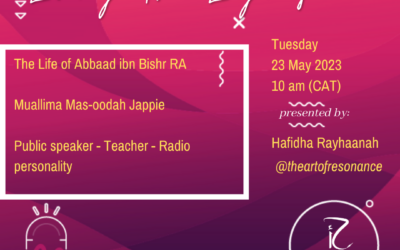Understanding Low Self-Worth
With Saturday (10 Oct) being World Mental Health Day and the month of October being Mental Health Awareness Month, this week we will be focusing on one particular mental illness that is common in society but very difficult to identify.
Low self-worth is one of those problems that can never be seen. In some cases, the person that is suffering from it doesn’t know that he/she has low self-worth. Therefore, this week, we will be looking at the causes, signs, solutions etc. of low self-worth. By listening to these discussions, it might make it easier to identify this common problem in ourselves and in loved ones.
Low self-worth, sometimes referred to as low self-esteem, is characterized by a lack of confidence and feeling badly about oneself. People with low self-esteem often feel unlovable, awkward, or incompetent. People with low self-esteem tend to be hypersensitive. They have a fragile sense of self that can easily be wounded by others.
People with low self-esteem are hyper-alert to signs of rejection, inadequacy, and rebuff. Often, individuals lacking self-esteem see rejection and disapproval even when there isn’t any. The danger always lurks that they will make a mistake, use poor judgement, do something embarrassing, expose themselves to ridicule, behave immorally or contemptibly. Life, in all its variety, poses on ongoing threat to the self-esteem.
The Inner Critic
While everyone’s self-esteem is vulnerable to other people, who may openly criticize them, ridicule them, or point out their flaws, an even greater threat to each person’s self-esteem lurks within.
As observers of our own behavior, thoughts, and feelings, we not only register these phenomena in consciousness but also pass judgement on them. Thus, we may be our most severe critic, berating ourselves mercilessly when we find ourselves making an error in judgement, forgetting what we should remember or expressing ourselves awkwardly.
This harsh inner critic contributes to a negative perceived self. Having a negative perception of oneself can have serious consequences. For example, if someone believes that other people don’t like them, they are more likely to avoid interactions with others and are quicker to react defensively, cynically, or even lash out. The nature and degree to which we interact with others is strongly influenced by these perceived selves, regardless of their accuracy.






0 Comments